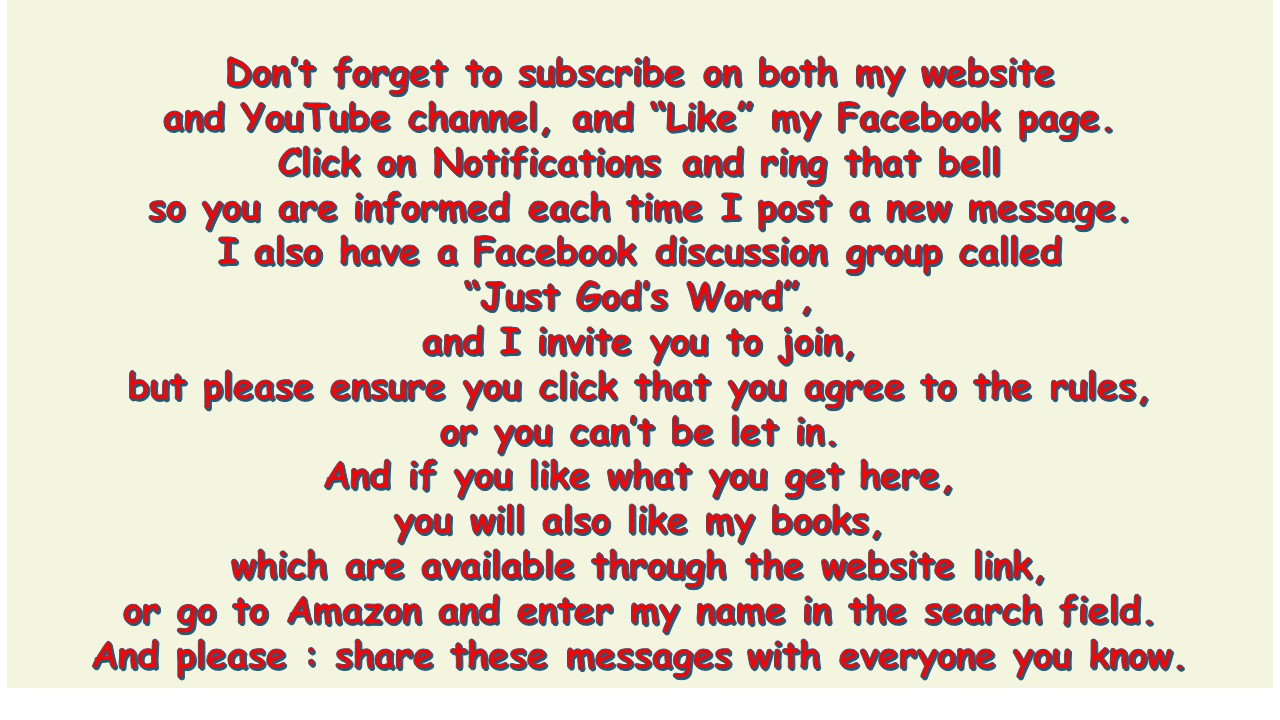I have often considered, and said so, that when someone kneels before a statue of a saint, and prays to it, that it is a form of idolatry, violating the second commandment.

I checked this out on the Internet and found a post from the Diocese of Brooklyn (Yo, Brooklyn- fuhgeddaboudit), which explained that the commandment against graven images was, when taken in proper context, only regarding those specific images that people bow down and worship, such as the animal-like gods of Egypt. He added that God, himself, ordered the creation of graven images, such as the cherubim on the Ark of the Covenant, stating that these types of statues are not worshipped, but rather aid in the worship of God.
OK, that makes sense, to a degree, but what about praying to them?
The standard answer to that (again, from the RC’s) is that those people kneel as a sign of respect and are simply asking the saint to intercede for them.
Now I have to step back and say:
“Wait a minute! Why ask a saint to intercede when Yeshua says we should pray to God in his name?”
If Yeshua is at God’s right hand, and he- and he, alone- is the Messiah acting as our Intercessor, then why go to anyone else for help?
I mean, if you were hurt in an accident, and there was a doctor and a nurse both within shouting distance, would you ask the nurse to get the doctor? No, of course not! You would shout to the doctor for help.
I understand, and agree, with the idea that all things must be taken in the proper context when interpreting the Bible, but sometimes we can add a context when there isn’t any needed.
The Oxford Dictionary defines prayer as this:
“a solemn request for help or expression of thanks addressed to God or an object of worship“
Based on this definition, if I am asking help from anyone other than God, then I am praying to it. I am sorry, but if someone kneels before a statue of a saint and asks it to intercede on their behalf, there is no way to call that anything other than praying to that saint, which is, by definition, a form of worship.
And worship of anything other than the God of Abraham, Isaac, and Jacob is idolatry.
People pray all the time to saints and even to Yeshua, which goes against what Yeshua said to do because he said to pray in his name, not to pray to him! Essentially, praying to anyone or anything other than God is giving glory to that thing instead of to God.
So, Roman Catholic excuses notwithstanding, whereas I must admit that graven images are not all bad, I would say the ones God said are OK are the only ones we should deal with, and anything else is just asking for trouble. Human beings are sinful by nature, and if we have any chance to sin, we will probably take it, that’s why having images of people that we kneel before and pray to may not be meant as an idolatrous action, but it will lead to that, eventually.
Yes, God knows the heart, and I dearly hope that (for the sake of millions) he understands and forgives those people praying to images who think they are doing something that is OK; but, in reality, it is a form of worshiping that image and that is directing them away from God.
Prayer should always be directly to God, in the name of Yeshua acting as an Intercessor for our prayers, but NEVER as an Interceptor of them.
That’s it for this week, so l’hitraot and (an early) Shabbat Shalom!

